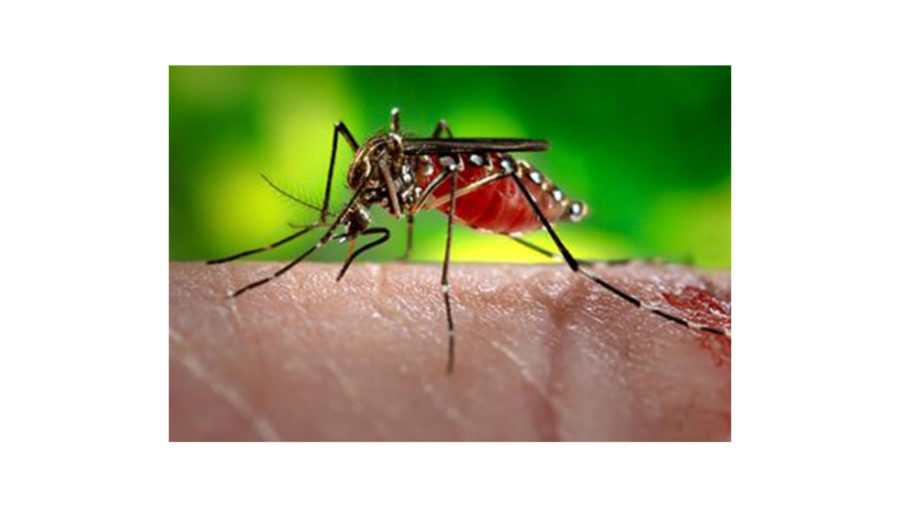According to the Centers for Disease Control and Prevention, the Zika virus was first discovered in 1947. Zika symptoms include fever, rash, joint pain and conjunctivitis, an infection causing redness of the eye. Zika is linked to birth defects, and in rare cases the Zika infections can be fatal.
USM biological science professors Donald Yee and Fengwei Bai are working with other universities on a project to study the Zika virus and the vectors through which it spreads.
The World Health Organization named Zika a global health emergency in February, mirroring growing public concern.
The dangerous health issues associated with the virus includes possible neurological and autoimmune damage. Zika may cause miscarriages, and the virus may cause microcephaly
in babies of infected mothers. Microcephaly is a condition in which a child is born with a smaller head than average, which can lead to neurological problems in the child.
Another condition linked to this virus is Guillain-Barré syndrome, which causes temporary paralysis due to reactions to a virus in the immune system. The Zika virus may also cause an individual to miscarry.
The USM researchers are focusing on a significant transmission vector of the Zika virus: Aedes aegypti, commonly known as the yellow fever mosquito.
“We’re actually involved in a couple of different projects that would focus specifically on the main vector for Zika, which is aedes aegypti,” Yee said. “This is the animal that [is] in the places right now where the major Zika outbreaks are occurring like in South and Central America and the Caribbean.”
The yellow fever mosquito was thought to be extinct in Mississippi since the 1980s. Now with all of the buzz, some scientists are questioning if the mosquito is really gone.
“For the last 20-plus years, the yellow fever mosquito has been extinct from Mississippi,” Yee said. “The health department — because of concerns with Zika and also some of the other diseases — is interested in understanding if this animal is coming back at all.”
Yee said as part of the research project, he will go to the lower 23 counties in the Magnolia state to survey the land and search for these mosquitoes over the summer.
With the possible re- emergence of the mosquito in the state, local counties are stepping up their efforts to assure their communities’ safety.
University of Wisconsin- Madison professor David O’Connor, a leading pathologist researching the Zika virus, is studying the effects of the virus on pregnant hosts by observing its effects on a pregnant macaque. Thomas Friedrich, an associate professor of pathobiological sciences at the University of Wisconsin- Madison, works with David O’Connor.
“The questions are really to help understand the pathogenesis of the Zika virus,” Friedrich said. “How does it make an individual sick? How is it spread and where does it go in the body. These are things we don’t know enough about right now and we hope that by doing experiments in an animal model, we can get answers quickly and decisively so that we can inform the public health response to the Zika outbreak.”
Friedrich and his team are researching where the virus resides in its host’s body. The virus can be found in the blood, saliva, urine and semen, and there is some evidence it can be transmitted sexually. Friedrich said there is also evidence that after the virus has left the vascular system, the virus may still linger in the body.
In other states, such as Florida, the mosquito control departments are using new forms of pesticides minimize the presence of yellow fever mosquitoes.
The city of Hattiesburg is also taking steps to curb the spread of diseases through mosquitoes.
According to the City of Hattiesburg’s website, “The City of Hattiesburg Public Works Department is partnering with the Mississippi Health Department to prevent the spread of mosquito-transmitted diseases such as West Nile, Chikungunya and Zika virus.”
The city will begin spraying pesticides from April 4 through November 4 to get rid of mosquitoes in the local area. The city urges residents to remove containers with standing water from around their homes to reduce the number of breeding grounds for mosquitoes.






































